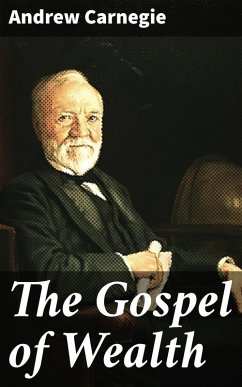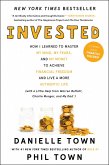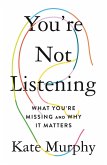Andrew Carnegie's "The Gospel of Wealth" is a profound exploration of the responsibilities of the affluent in society, advocating for philanthropy as a moral obligation. Written during the Gilded Age, Carnegie's work uses a persuasive and didactic style to argue that the wealthy should actively contribute to the betterment of society. He eloquently proposes that surplus wealth is best utilized when it is dispensed in ways that promote the common good, like funding libraries, education, and public institutions, rather than through bequests after one's death. Andrew Carnegie, a self-made steel magnate, rose from humble beginnings to become one of the richest individuals of his time. Growing up in a poor Scottish family, he understood socioeconomic struggles intimately. His experiences galvanized him to advocate for the idea of the "American Dream" and the concept that wealth should be a tool for societal progress, the cornerstone of his philanthropic philosophy. "The Gospel of Wealth" is essential reading for anyone interested in economic disparity, philanthropy, and the moral implications of wealth. Carnegie'Äôs insights remain relevant today as discussions about the role of the wealthy in society continue, making this text indispensable for scholars and engaged citizens alike.
Dieser Download kann aus rechtlichen Gründen nur mit Rechnungsadresse in A, B, BG, CY, CZ, D, DK, EW, E, FIN, F, GR, H, IRL, I, LT, L, LR, M, NL, PL, P, R, S, SLO, SK ausgeliefert werden.









